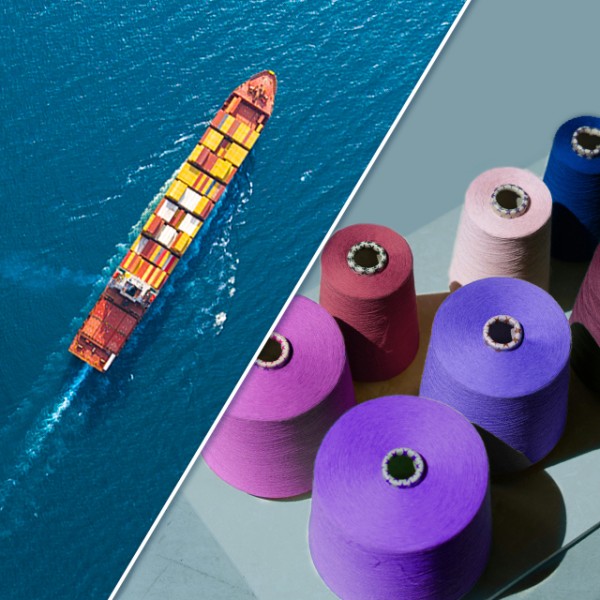November 2025
Sustainable and competitive – can France achieve both?
“Europe can be both sustainable and competitive,” was the EU Parliament’s official comment on its November 2025 changes to due diligence requirements.
The EU regulatory rollback arguably has sustainability at its heart. Red tape, it’s feared, could drive EU businesses to relocate to countries where reporting requirements are far less rigorous.
Hopes will not only be pinned on keeping more – and more sustainable - business in EU countries like France, but also on retaining business with the US organizations that operate there.
Regardless of global regulatory reshuffling, BNP Paribas found that 87% of investors say their sustainability objectives remain unchanged: And those weighing up French assets will be scoping the horizon for risk.
# Global risk alignment
As business grows more competitive, business stewardship risks can rise. RepRisk’s 2025 greenwashing report, Where biodiversity risks grow, greenwashing follows, reveals data suggesting a strong link between sustainability risk and economic activity.
The highest concentrations of both biodiversity risk and greenwashing risk are seen in the US and Europe.
France ranks fifth highest in the world for biodiversity risk
Five countries rank among the top ten for both biodiversity and greenwashing risk incidents in 2025: The US, Brazil, Italy, Germany – and France, which ranks fifth highest in the world for biodiversity risk, and sixth for greenwashing.
Increasing scrutiny, not only from regulators, but also investors, is a likely contributing factor to the EU’s high share of environmental risk incidents in the past five years.
Social risk factors are nudging the EU’s cross-cutting risk levels up to create a profile increasingly similar to that of the US.
# Sustainable business conduct profile: EU vs US
Share of incidents by risk group | Fiscal year Aug 2020 — 2025
# Local exposure
Aerospace and defense, tourism, and fashion, are highly competitive industries for the French economy, but are also some of the most likely to generate repeat greenwashing offenses year on year: Aerospace and defense companies contributed 33% of repeat greenwashing risk flags in 2025, airlines 68%, and retail 36%.
RepRisk data shows that retail is also the most exposed sector to global supply chain risk, with more than 2,000 risk incidents flagged in 2025, compared to just 684 incidents in the next most-exposed sector, financial services.
A strong retail sector may be why France’s supply chain risk exposure has reached “critical” levels.
While a drive towards competitiveness in the EU may be a boon for French companies in its leading sectors, the financial institutions and investors that finance them will feel the indirect impact of sectoral business conduct risk exposure.
Investment in high-risk sectors contributed to an increase in greenwashing risk of 19% for banking and financial services companies globally in 2025, according to RepRisk data.
As global forces level the competitive playing field, FIs and investors will increasingly seek insight into France’s corporate conduct risk profile, and into individual French corporations' risk management, to gain strategic advantage.
Get in touch
Find out more about RepRisk’s dataset, which includes 40,000+ French companies, and our Due Diligence Scores for thematic business conduct risk: Request a demo.
Copyright 2025 RepRisk AG. All rights reserved. RepRisk AG owns all intellectual property rights to this report. This information herein is given in summary form and RepRisk AG and/or the third party contributors to this report make no representation or warranty that any data or information supplied to or by it or them is complete or free from errors, omissions, or defects. Without limiting the foregoing, in no event shall RepRisk AG and/or the third party contributors to this report have any liability (whether in negligence or otherwise) to any person in connection with the information contained herein. Any reference to or distribution of this report must include a link to the content to provide sufficient context. The information provided in this presentation does not constitute an offer or quote for our services or a recommendation regarding any investment or other business decision, and is not intended to constitute or to be used as a substitute for legal, tax, accounting, or other professional advice. Please note that the information may have become outdated since its publication. Should you wish to obtain a quote for our services, please contact us.



